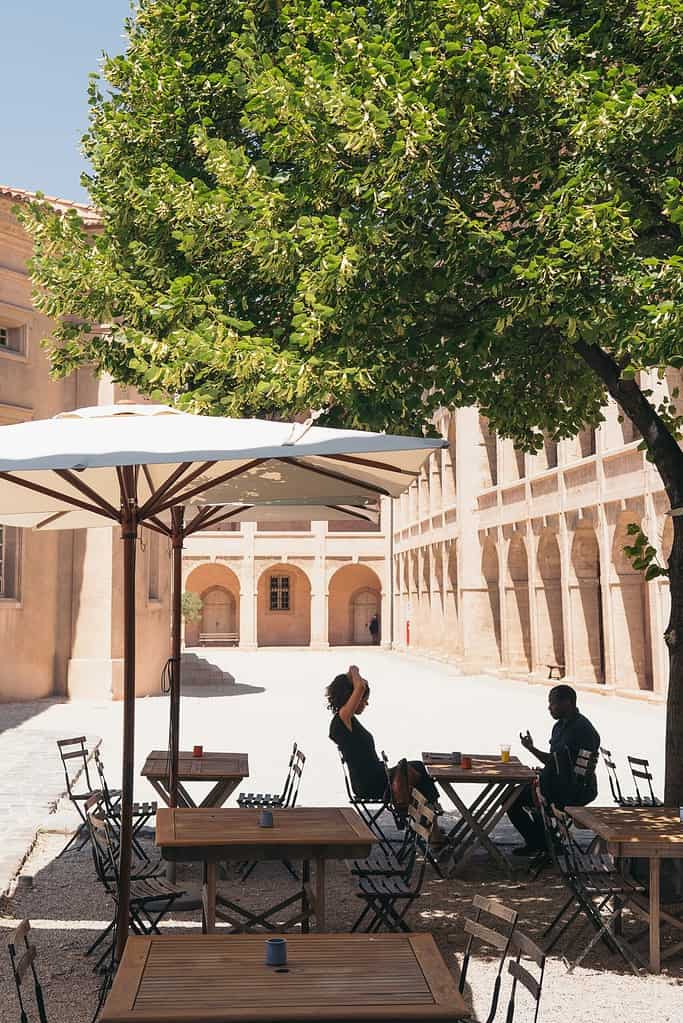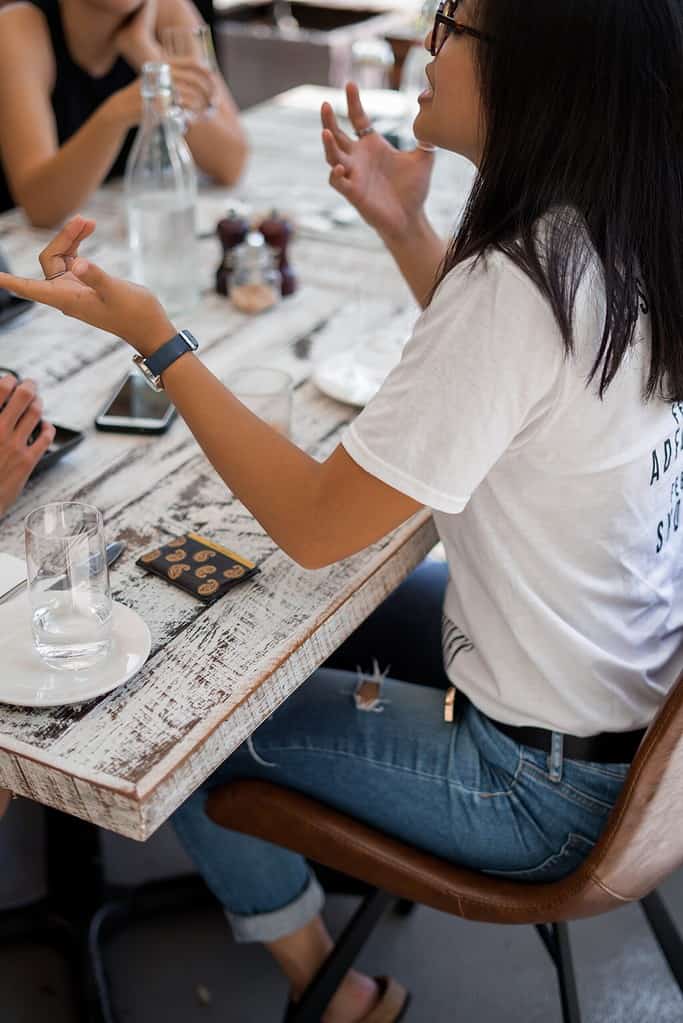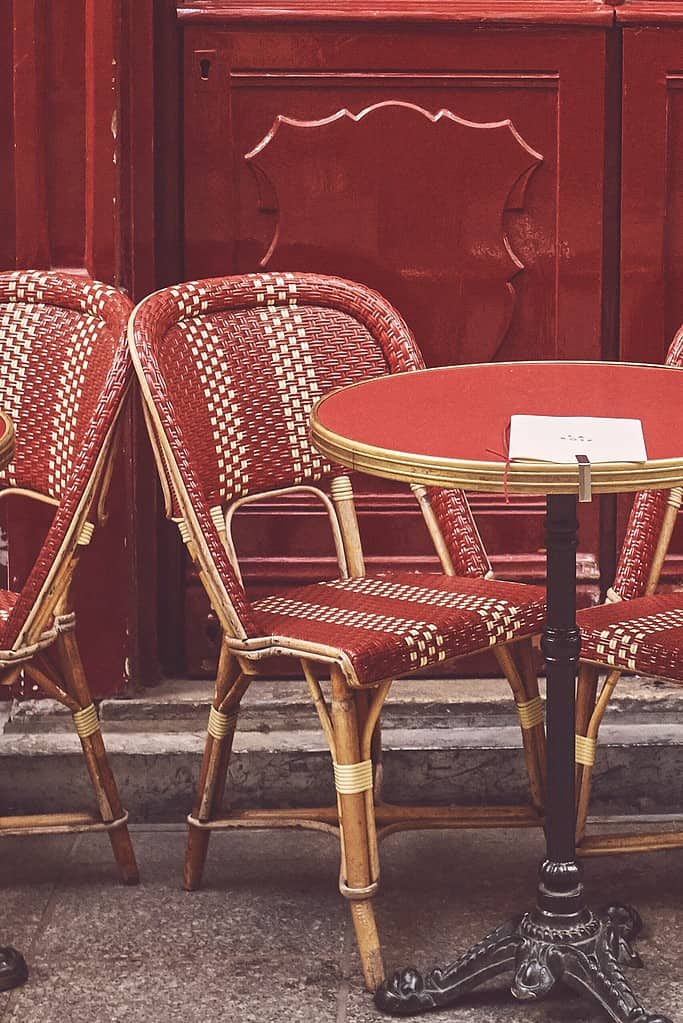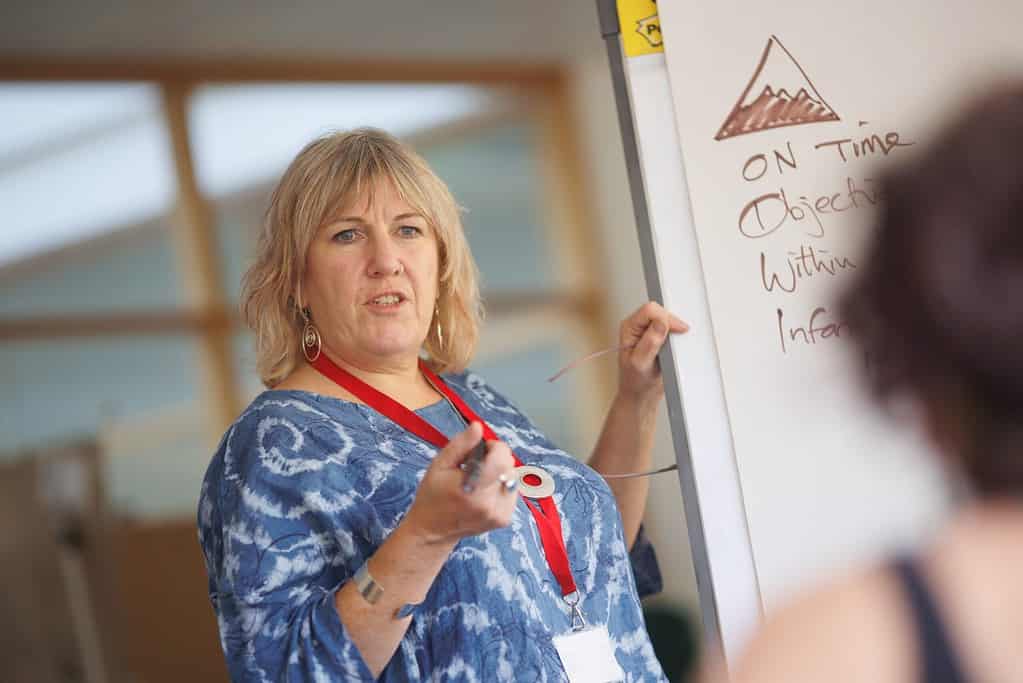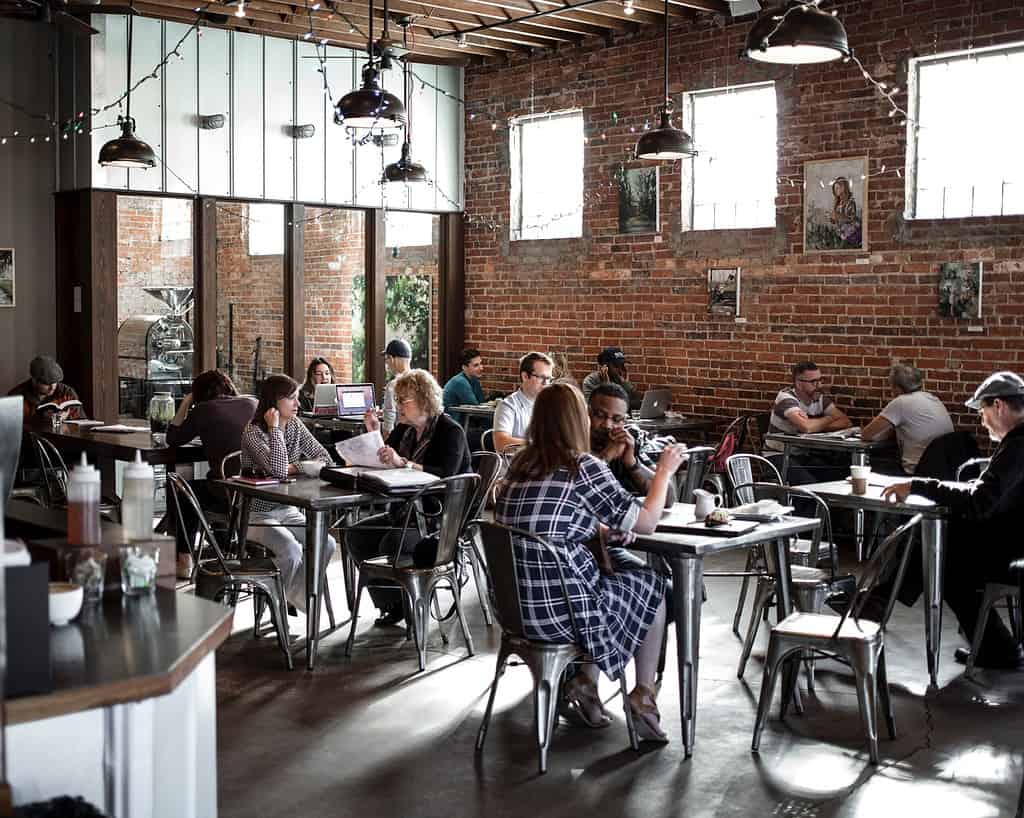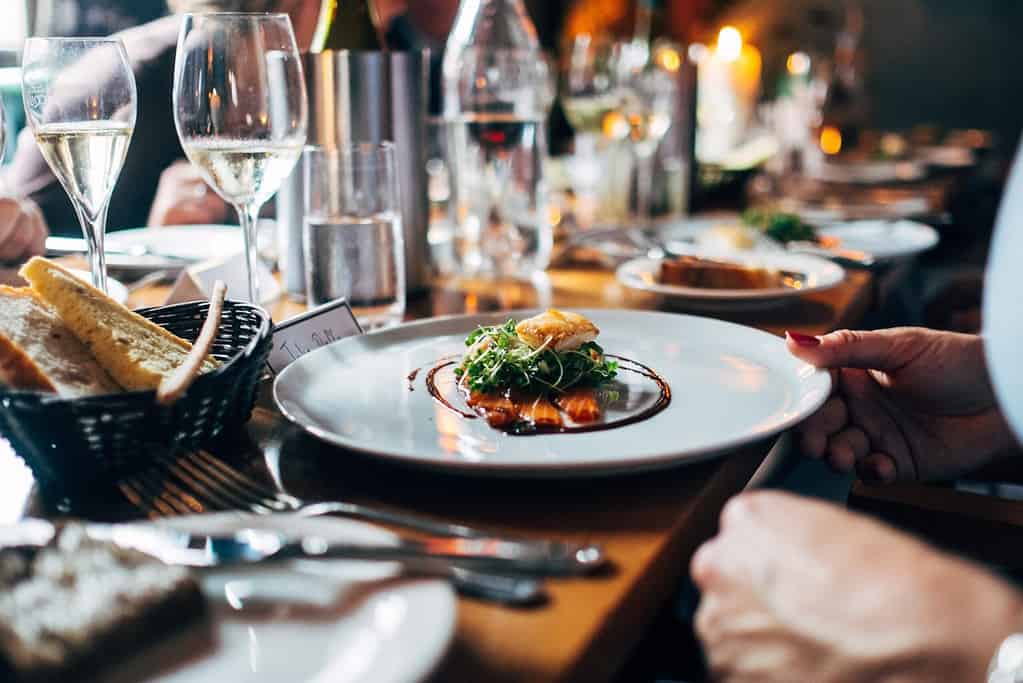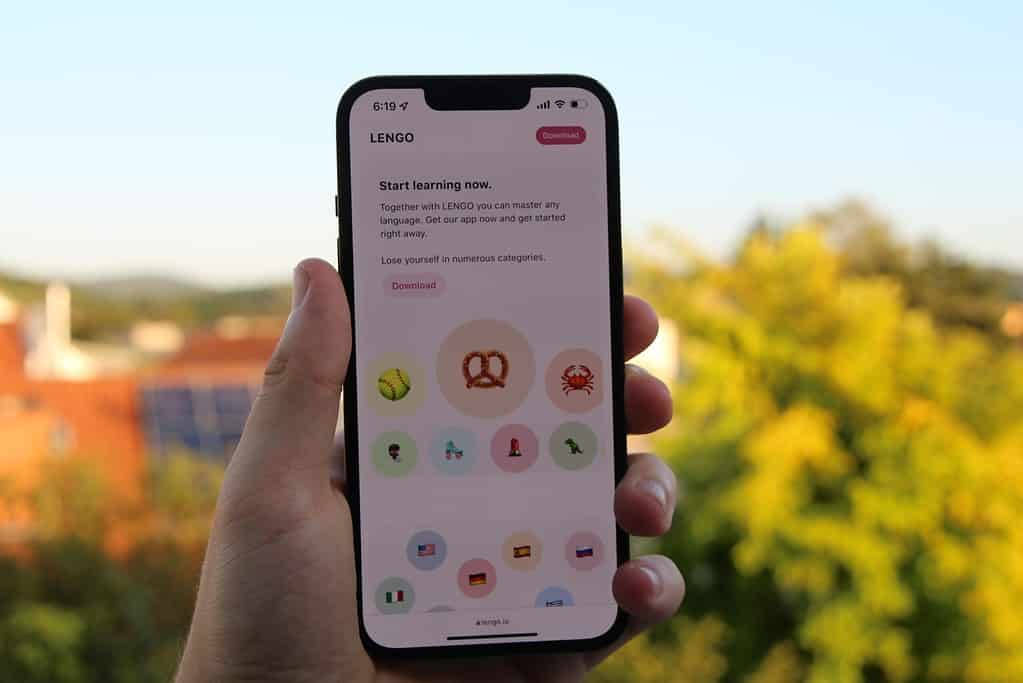Gardening isn’t just about nurturing plants; it can also sow the seeds for mastering French. Imagine spending your mornings tending to your little green oasis while absorbing new vocabulary. Gardening and language learning go hand in hand, offering a sensory-rich, hands-on approach to mastering French. If you’re looking for a creative way to boost your conversational skills, you might want to check out swaplang for one-to-one language practice with native speakers.
The Connection Between Gardening and Language Learning
The art of gardening is a natural way to bridge the gap between nature and language. Picture this: you’re pruning roses and at the same time learning that “la taille” means trimming. Studies have shown that engaging your senses while learning a language can lead to better retention and understanding. According to EnRouteFrench, the garden is not merely a space for plants to flourish but also a lively language classroom, where every rustle of leaves and burst of floral color enriches your vocabulary. In addition, the dynamic nature of outdoor activities is highlighted by research into hands-on learning on OctoProctor’s blog. Whether you’re planting seeds or weeding, the physicality of gardening creates neural pathways that help you recall French words and phrases naturally.
Key French Vocabulary for Gardeners
Diving into the world of gardening opens up a whole new lexicon to explore in French. Start with basic terms such as “le jardin” (garden), “la plante” (plant), “l’arroseur” (sprinkler), and “les outils” (tools). As you get more comfortable, you might learn phrases to describe the seasons like “le printemps” (spring) when those first buds emerge, or “l’été” (summer) when the garden is in full bloom. This vocabulary isn’t just academic; it creates real-world context that can help you remember words better. Plus, while exploring these terms, you might discover that language learning through practical activities is as satisfying as preparing a delicious meal. If you enjoy integrating sensory experiences into word acquisition, then you could also explore French cooking techniques to further enrich your lexicon with culinary terms related to herbs, spices, and seasonal vegetables.
Practical Gardening Activities to Enhance Language Skills
Putting your French vocabulary into action has never been more engaging. Start by labeling plants, tools, and garden features in French. Write sticky notes on your watering can with words like “l’eau” (water) or “le soleil” (sunlight) to gradually condition your mind to recognize these words intuitively. You can also record short videos talking through your gardening process and then share your experience with others in French. This active practice is analogous to the engaging drama-based techniques found in French language learning through theater. By narrating your gardening routine—inspired by both the tactile experience and vibrant vocabulary—you immerse yourself in the language in a way that’s similar to how chefs might instruct in a bustling kitchen. Not only does this approach hone your descriptive skills, it also makes every garden session an opportunity to explore new adjectives and verbs in French.
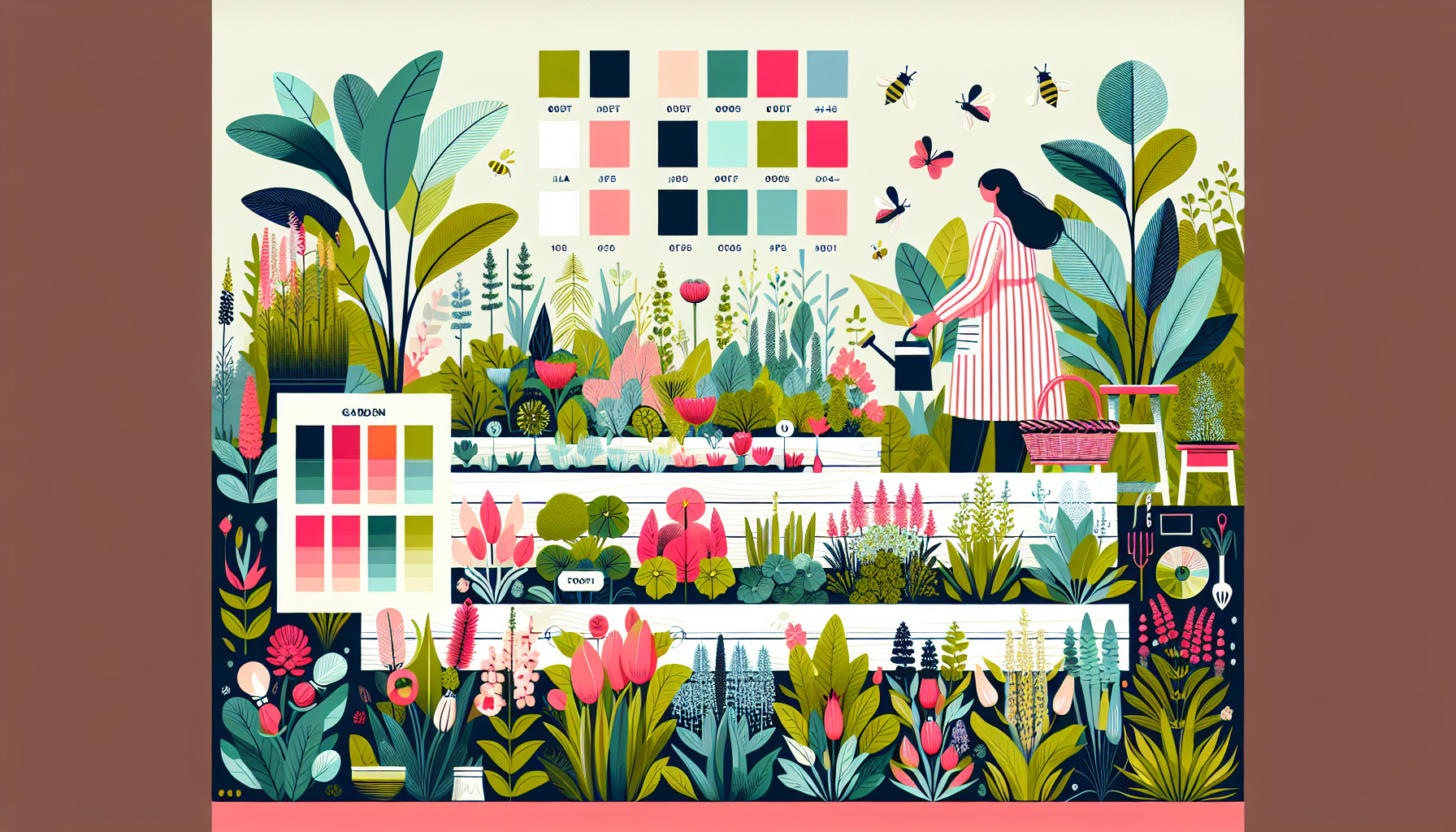
How Gardening Encourages Language Retention
Gardening is the perfect blend of routine and unpredictability, both of which are crucial conditions for language retention. When you repeatedly engage in a gardening task, the associated French terms become almost second nature. For example, the regular act of watering your flowers using “l’arrosoir” creates a habitual connection between action and vocabulary. The tactile nature of gardening—the feel of soil, the sight of budding plants, the sound of a gently buzzing insect—cements your memory with sensory details. Research on garden-based learning supports this notion by explaining how experiential activities deeply root new information in the brain. Moreover, the calming influence of gardening can reduce stress, making it easier for you to absorb and retain complex French phrases without the overwhelm often associated with traditional classroom settings.
Stories from French-Speaking Garden Enthusiasts
Many French-speaking garden enthusiasts have turned their backyards into open-air language labs. There’s the tale of a Parisian gardener who discovered that describing the nuances of seasonal changes in French not only enriched her vocabulary but also engaged her community in lively conversations. She often recounted how her encounters with native speakers over a shared love of nature transformed simple planting sessions into culturally immersive experiences. Such stories remind us that learning French isn’t confined to textbooks or scripted dialogues; it flourishes in spontaneous interactions and personal passions. These experiences are echoed in other creative learning approaches, such as using artistic expression through poetry, where the fluidity of language mirrors the organic growth in a garden. Whether you’re swapping tales of lost trowels or discussing the intricacies of a vine’s growth, each conversation is an opportunity to practice French in a refreshing, authentic setting.
If you enjoyed discovering the creative approach of mastering French through gardening, imagine what you could achieve by practicing with native speakers on swaplang. Their flexible scheduling and secure, ad-free rooms make language learning a truly personalized journey. Ready to explore a new way to nurture both your garden and your French skills? Sign up for your free sessions at swaplang and start cultivating your fluency today.




